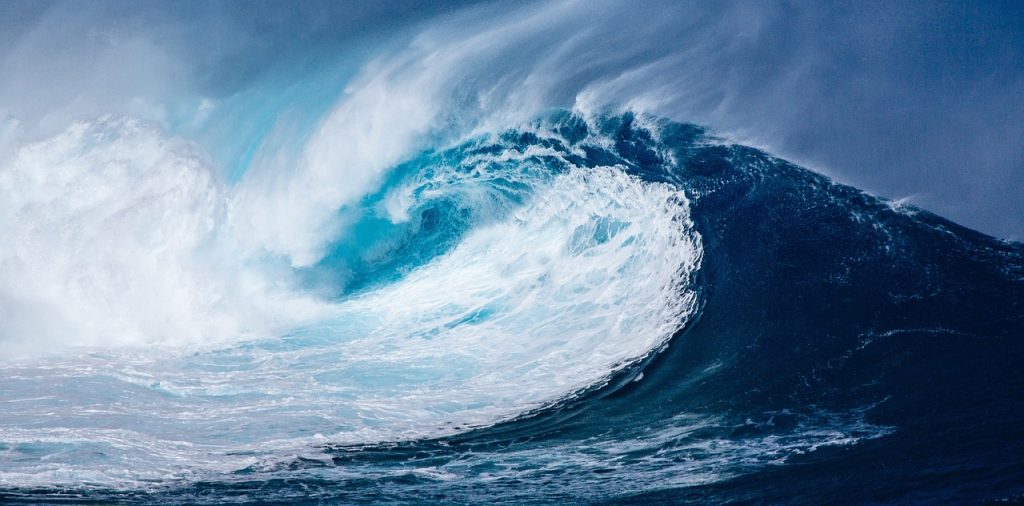Unveiling the Impact on Marine Life: A Deeper Dive into Modern Challenges
The ocean, a magnificent and vast ecosystem, plays a crucial role in supporting life on Earth. From providing a substantial portion of the oxygen we breathe to regulating the global climate system, the importance of marine environments cannot be overstated. Yet, despite its vastness and depth, marine life is not immune to the impacts of human activities. In recent years, increased attention has been directed towards unveiling the impact on marine life, revealing a concerning array of challenges that threaten the biodiversity and functionality of ocean ecosystems.
Understanding the Impact on Marine Life
Marine life encompasses a diverse range of species, from the tiny plankton at the base of the food chain to the gargantuan blue whales traversing the ocean’s vast expanses. Each species plays a unique role in the marine ecosystem, contributing to the ecological balance that sustains the ocean’s health. However, human activities such as pollution, overfishing, and habitat destruction have begun to disrupt this balance, posing significant threats to marine life.
-
Pollution: One of the most pervasive issues is the pollution of oceans through chemicals, plastics, and other debris. Chemical pollutants like mercury and polychlorinated biphenyls (PCBs) can accumulate in the tissues of marine organisms, leading to toxic effects, while plastic waste results in entanglement and ingestion by marine animals, often with fatal outcomes.
-
Climate Change: The increase in global temperatures is causing ocean warming and affecting marine ecosystems in profound ways. Coral bleaching, a condition where corals lose their vibrant colors and essential symbiotic algae, is becoming more frequent as a result of rising sea temperatures. Additionally, ocean acidification, a direct consequence of increased CO2 levels, affects organisms with calcareous structures, such as shellfish and some plankton species, potentially disrupting entire food webs.
-
Overfishing: The demand for fish continues to grow, leading to overfishing and the depletion of fish stocks. Unsustainable fishing practices not only reduce the numbers of targeted species but also disturb the habitat and life cycles of other marine organisms through by-catch and destruction of seabed habitats.
-
Habitat Loss: Critical habitats such as mangroves, seagrass meadows, and coral reefs are under threat from coastal development and other human activities. These ecosystems are crucial for the survival of many marine species as they provide breeding grounds, food, and protection.
FAQs on Unveiling the Impact on Marine Life
Q: Why is it important to study the impact on marine life?
A: Understanding the impact on marine life helps us gauge the health of marine ecosystems and the effectiveness of current conservation strategies. It also enables us to predict future changes, allowing for better management and protection of marine resources.
Q: How can individuals contribute to mitigating the impact on marine life?
A: Individuals can help by reducing their plastic usage, supporting sustainable seafood choices, participating in local beach clean-ups, and spreading awareness about marine conservation.
Q: What are scientists doing to mitigate the impact on marine life?
A: Scientists are actively involved in research to better understand the complex interactions within marine ecosystems. They are also developing new technologies and strategies for monitoring, protecting endangered species, restoring habitats, and improving fishery management practices.
Q: Are there successful examples of recovery from negative impacts on marine life?
A: Yes, there are several success stories such as the improvement of water quality in the Chesapeake Bay, the rebound of humpback whale populations, and the restoration of damaged coral reefs in certain areas, demonstrating that with appropriate measures, recovery is feasible.
Conclusion: Moving Forward with Marine Conservation
Unveiling the impact on marine life is more than an academic endeavor; it’s a crucial step towards sustainable stewardship of our planet’s oceans. As the challenges facing marine ecosystems mount, it is imperative that we take concerted actions to address these issues. International cooperation, stringent environmental policies, innovative scientific research, and community involvement are all vital components in the ongoing journey to protect our marine environments.
In embracing these efforts, we not only work towards the preservation of marine life but also ensure a resilient and vibrant ocean for future generations. Let us all do our part in unveiling and mitigating the impact on marine life, reinforcing our commitment to the earth’s extraordinary yet vulnerable aquatic worlds.


